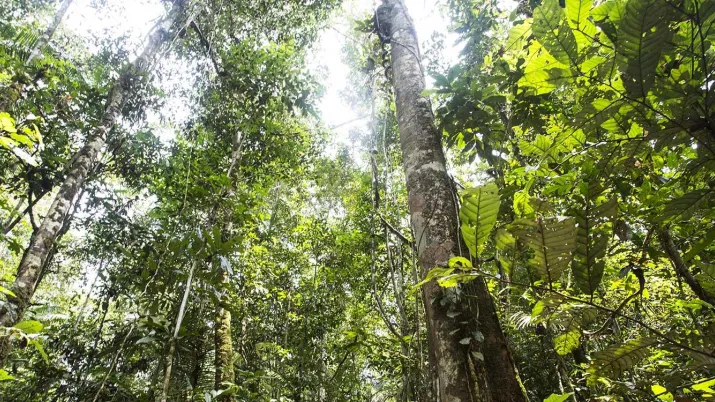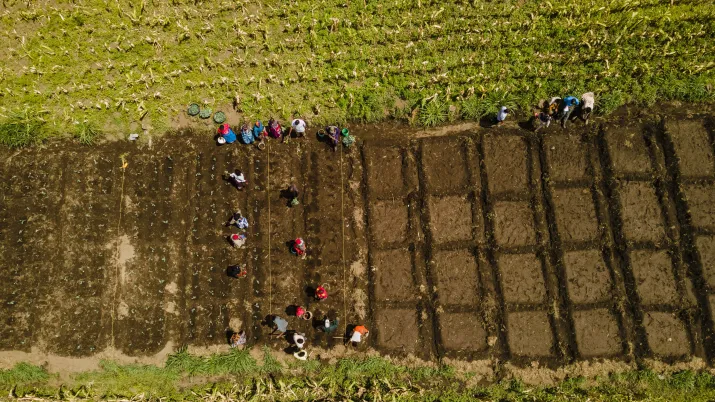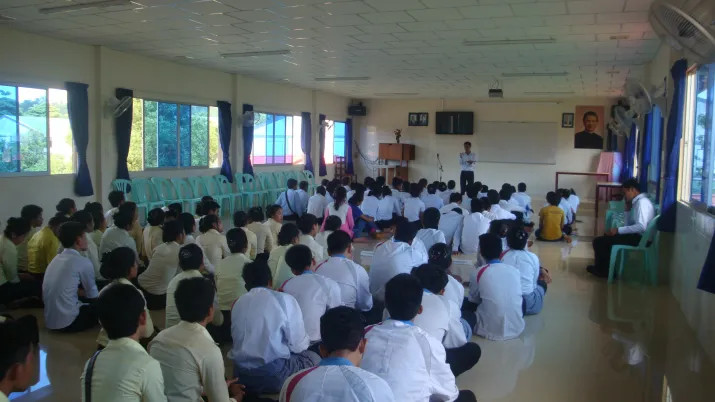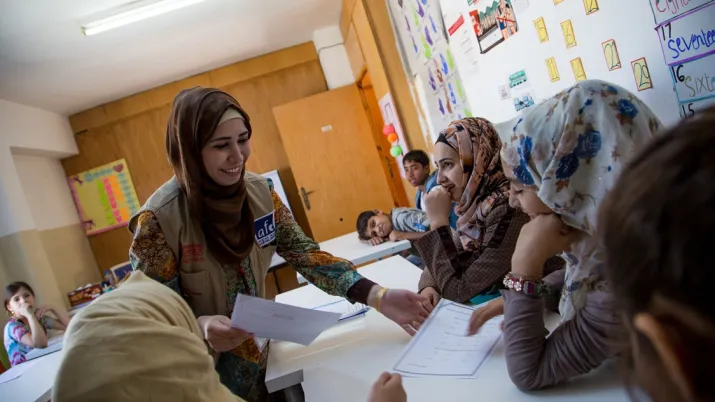Share the page
Twige Neza, education in Burundi a vector for peace and equal opportunities
Project
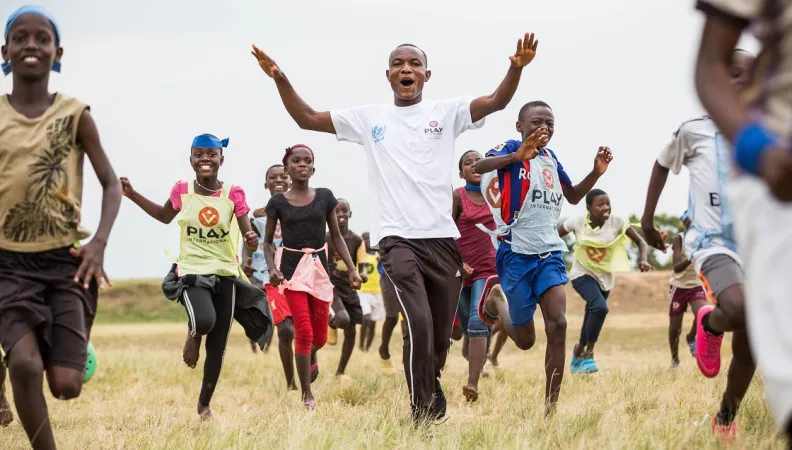

-
Project start date
-
Status
Ongoing
-
Project duration
-
Six ans
-
AFD financing amount
-
51 900 000 US$
-
Location
-
Bujumbura
-
Type of financing
-
Beneficiaries
-
Republic of Burundi
An essential lever for social cohesion and the strengthening of human capital, education is also a powerful vector for development. Since 2006, AFD has been providing ongoing support to the sector to better meet the needs of a young and growing population.
Context
Since the introduction of free basic education in 2005, Burundi has seen a sharp rise in access and enrolment rates, resulting in demographic pressure on its primary education. Despite these encouraging results in terms of access and parity, the system struggles to keep children in school, and is faced with a high number of repeaters, particularly at the basic level linked to the low efficiency, quality and equity of the system.
Description
Since 2019, AFD has been co-financing the US$51.9 million Twige Neza project with the Global Partnership for Education (including €4 million from France via AFD), making AFD the Government of Burundi's leading development partner in the basic education sector. The project is implemented directly by the Burundian Ministry of Education, alongside Unicef, WFP, Unesco, PLAY International and Bibliothèques Sans Frontières. The project aims to enable all young Burundians to achieve the objectives of the basic education curriculum within a reasonable timeframe and at reasonable cost. AFD is thus providing direct support for Burundi's Education Sector Plan (2022-2030).
Impacts
The Twige Neza project aims to improve access to education, notably through the construction and rehabilitation of 461 complete classrooms (including latrines, supply of desks, etc.). Also planned are teacher training in French and science, actions to reduce repetition and support for the operationalization and equipping of 776 school networks. AFD is also supporting the expansion of school canteens and the implementation of a national strategy for inclusive education. School resilience will be strengthened - through actions aimed at protecting, maintaining and returning children to school, including repatriated children.
In the same region
On the same topic
On the same financial tool


